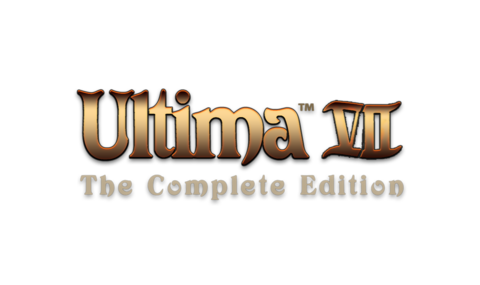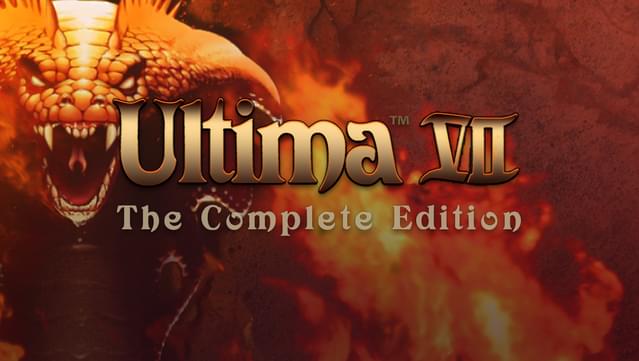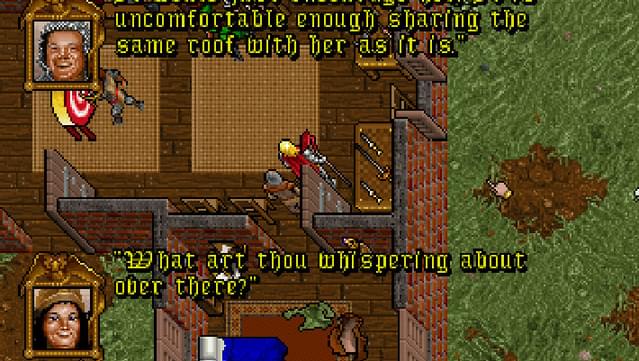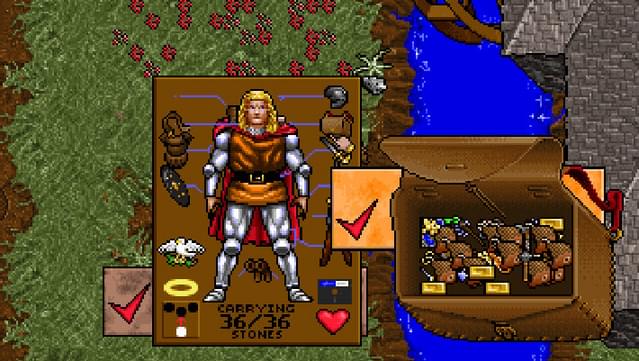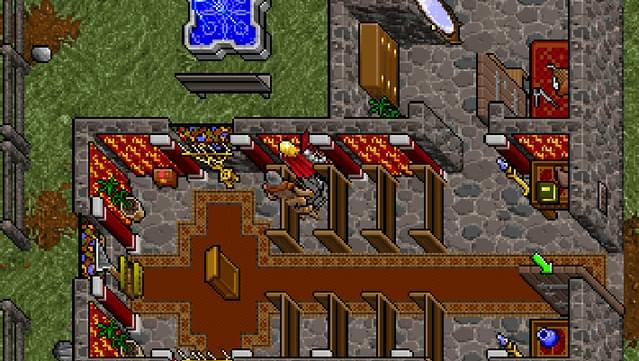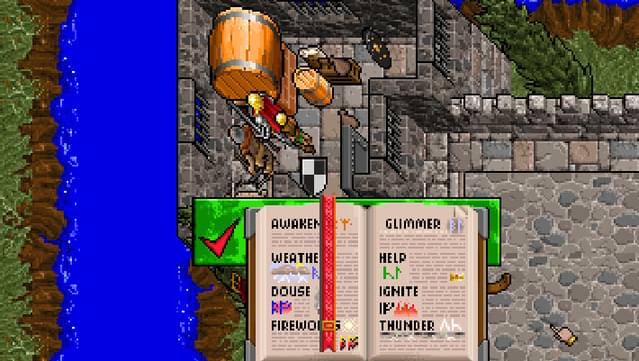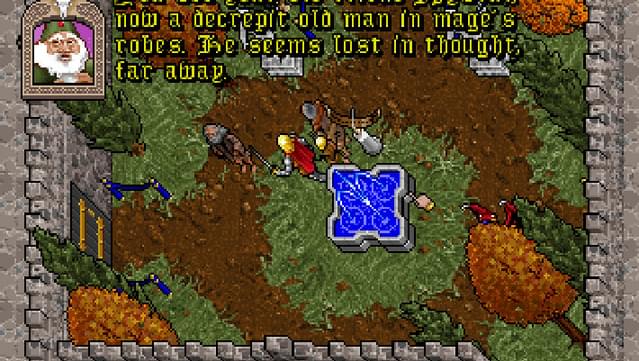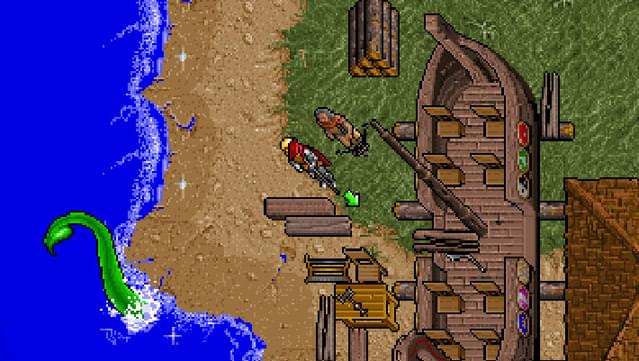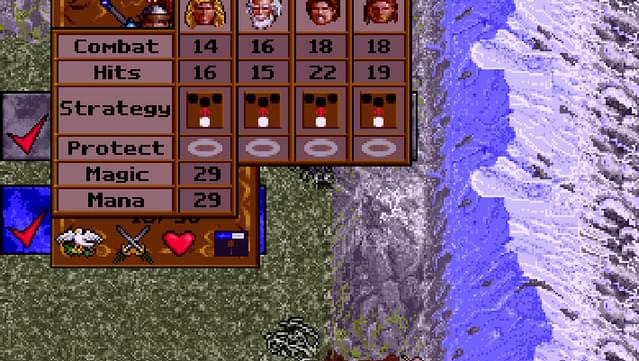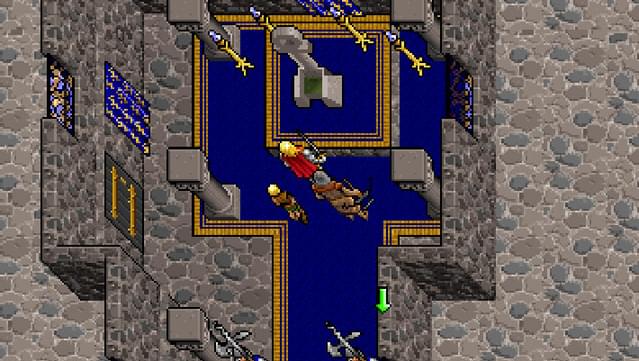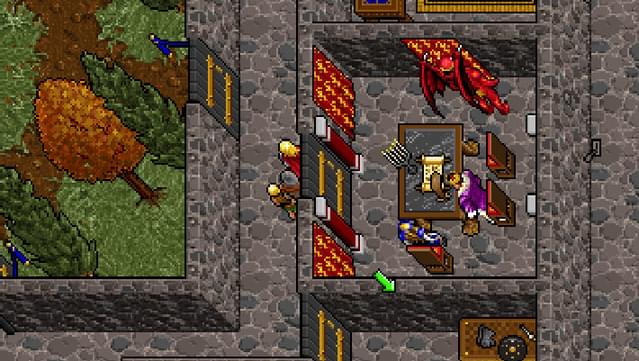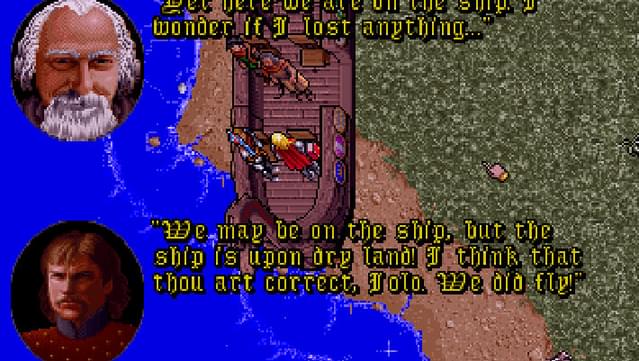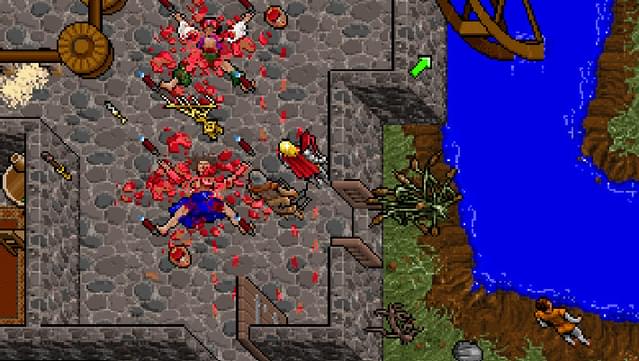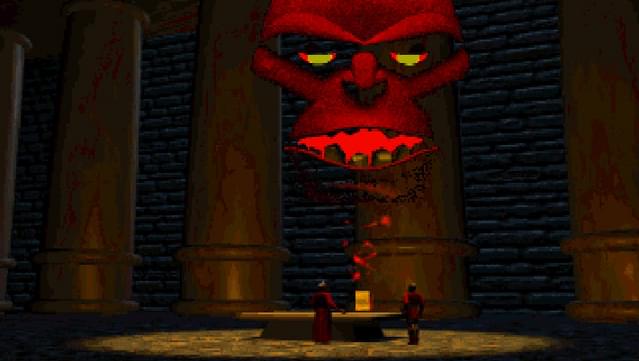Posted on: November 29, 2011

wvpr
Verified ownerGames: Reviews: 47
best of the best
The best of a traiblazing series, and grandparent to all modern Western computer role-playing games. Far from perfect, far from polished, even far from finished toward the end of part 2, but does so many things right that it still stands above 99 percent of cRPGs. A huge game world with nearly total freedom to explore for hours in every direction. Fully realized towns where every inhabitant has a role and a routine. No one-sentence throwaway characters. Everyone has something to talk about. Extensive dungeons that follow the contours of the mountains. Random little treasures sitting inconspicuously off the road. There is interactivity with nearly everything in the game. See a chair? Sit in it. Bed? sleep in it. Lamppost? Turn it on or off. Clock? Ring it. Hammer? Double-click it and then click a target. Buckets of water can be filled and emptied. Cannons can be fired. Boxes can be stacked to reach the upper stories of buildings. Hidden levers and keys are carefully tucked away in the least expected places. Random encounters? You bet. Wandering through the woods might bring a flock of wolves from offscreen. Passing a bridge can bring a crowd of trolls into view. Harpies guard their nests, bees patrol a cave, bandits man their campsites, and unnatural monsters walk the night. You can even hunt peaceful animals for food if your party is starving. It all feels like part of a living world rather than a bunch of random monsters dropped into your lap. And there's a story under it all. A genuinely sinister string of murders intersects with unusual social developments throughout the land. There's no time limit that I'm aware of, but there's always the impression of one, as forces not entirely within your view stay one step in front of you. The game includes many adult themes, but they're never forced. It feels mature in a positive, thoughtful way. There are shocking moments, funny encounters, and minor local storylines that feel just as important as the main quest. There are sneaky references to Origin's staffers all over the place. There's even an extended shout-out to the biggest sci-fi TV series of the 1990s. There is so much open-ended design in the game that you can kill any character without reason, bring them to Lord British, and have him resurrect them for you. You can pan across the entire world through a crystal ball. You can cast a spell to destroy every living thing in the game, leaving you with a rainy, ruined, empty world. You can open every door and chest. You can keep secrets or betray people's confidence in you. The one downside of this freedom is the disappearance of Virtue as a gameplay device. Your party members will get increasingly upset if you pillage and loot people's houses, and they'll even fight you if you go on a murder spree, but there isn't a deeper karma system keeping track of your actions like in Ultima 4. If you think you need to do it, you can do it, usually without permanently breaking the game. Black Gate is completely non-linear outside the triggers for the main storyline. Serpent Isle is much closer to a Final Fantasy game in that regard. However, its tighter storyline is structured around a desperate chase, and complicated town sequences makes up for the linearity. Its lands feel older and foreign next to Brittania's familiar surroundings. Less forgivable are the major gaps in Serpent Isle's story toward the end. It's obvious parts of the game were rushed. An odd thing to say about a game with hundreds of hours of gameplay. Apart from the rushed bits, there are occasional nuisance bugs that can surface without warning. The real-time combat is a bit of a mess, with party members routinely shooting each other by accident with their ranged weapons. Whatever you do, don't give Iolo a triple crossbow. There's also a potentially annoying feature wherein party members drop all of their possessions as they flee from a losing battle. If you die and have to retrace your way back to a forest encounter, you may have a long, frustrating search for dropped objects ahead of you. Better to win before that happens. And no review of Ultima 7 can leave out the inventory management. Bags, boxes, crates, chests, even barrels end up a mess of overlapping pixels as you pick things up. Do your best to build up strength so that a single character can carry spacious containers to organize separate bags of money, ammunition, reagents, food, and so on. It will prevent a lot of headaches. If you like stories in your RPGs, if you like deep fantasy worlds, if you like open-world sandboxes, or if you just want to see what Baldur's Gate would have looked like a decade earlier, get this. It's one of the best you'll ever play.
Is this helpful to you?
